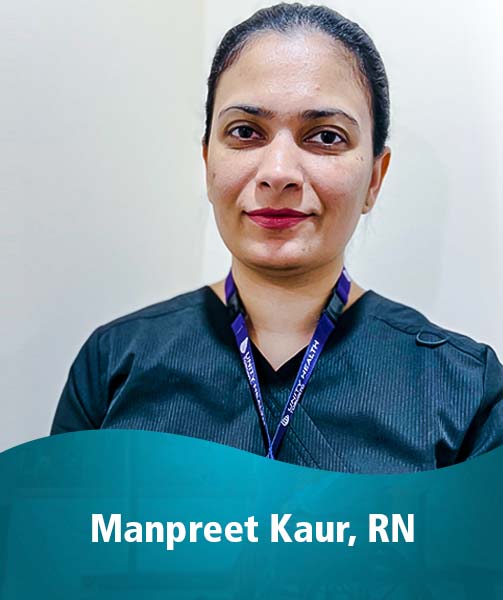On This Page
CNO sets new record for registering internationally educated nurses
The College of Nurses of Ontario (CNO) set a new record for registering internationally educated nurses, breaking last year's record in just six months. As of June 21, 2022, the number of new internationally educated registrants reached 3,967 — a 132% increase compared to this time last year.
“This record marks the sixth consecutive year of increasing registrations for internationally educated nurses,” says Carol Timmings, CNO’s acting Executive Director and Chief Executive Officer. “The registration of new nurses with the knowledge, skills and judgment to practice safely, whether trained in Canada or abroad, is core to our mandate and one way we protect the public.”
This is part of ongoing efforts at CNO to modernize applicant assessment processes so each applicant’s journey to registration is evidence-informed, fair, inclusive and effective, contributing to improved public access to safe nursing care.
“Modernizing our applicant assessment processes is a key priority for CNO. We continue to look at our processes in depth and prioritize areas of registration needing improvements,” says Timmings. “Applicants are wanting to answer the call, and we’re doing everything we can to improve these processes so they can safely enter practice and support Ontario’s health care system.”
Manpreet Kaur was one of them. After completing her nursing education and practicing in India for six and a half years, Kaur moved to Canada with the hope of continuing her nursing career.
“Only internationally educated nurses know the struggle it is to have to repeat a process they already worked so hard for. When I came to Ontario, I applied to CNO to begin the registration process. It was a very long process. Shortening the time it takes [to get registered] will really help.”
Since the launch of this work, CNO has made strides in enhancing its processes to successfully increase the number of applicants entering safe practice.
In January, CNO partnered with Ontario Health to launch the Supervised Practice Experience Partnership (SPEP) program. The SPEP program helps applicants achieve their evidence of practice and language proficiency requirements, by matching applicants with Ontario employers.

“SPEP was a very good experience. I was able to update my knowledge on procedures and learn how to work with the latest equipment. I am also thankful for the hospital I was matched with. I don’t think I could have managed to find a similar placement, if I had to do it myself.” - Manpreet Kaur, RN
With her evidence of practice having expired, Kaur completed SPEP at Unity Health Toronto. “SPEP is so beneficial because it gives us the opportunity to complete the hours we need, to meet our final requirements in a good practice setting and in a short period.”
Now practicing as a Registered Nurse at Unity Health Toronto, Kaur was able to complete the program in two months. “SPEP was a very good experience. I was able to update my knowledge on procedures and learn how to work with the latest equipment. I am also thankful for the hospital I was matched with. I don’t think I could have managed to find a similar placement, if I had to do it myself.”
Since the launch, the program has matched a total of 1,147 applicants and recently expanded to include nurses returning to practice. This program has supported the registration of 401 nurses, including Sukh Kaur, who is of no relation to Manpreet Kaur, the first to complete the program in February.
In addition to SPEP, CNO also updated its language proficiency policy to offer better options for applicants to demonstrate language proficiency in English or French.
CNO is now focusing its attention on the education requirement. “We are engaging partners across health care, government and academia, to address the challenges internationally educated applicants are experiencing in meeting the education requirement,” says Timmings. “Through these collaborations, we hope to implement a shared vision that will increase educational opportunities for applicants to meet this requirement.”
Timmings adds that applicants will see efficiencies to this area of registration by late summer. Visit CNO’s trending topics on Modernizing Applicant Assessments to keep up-to-date on these changes.


